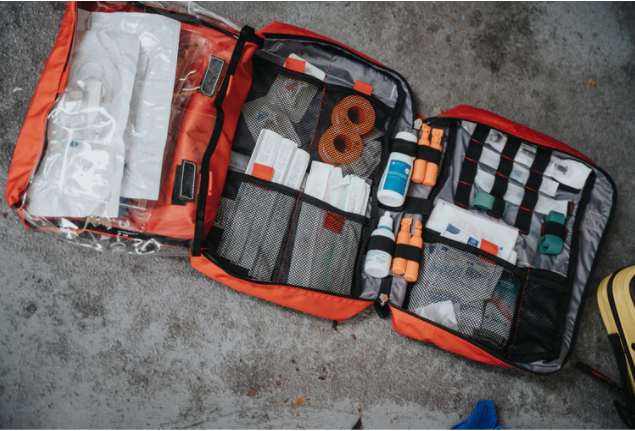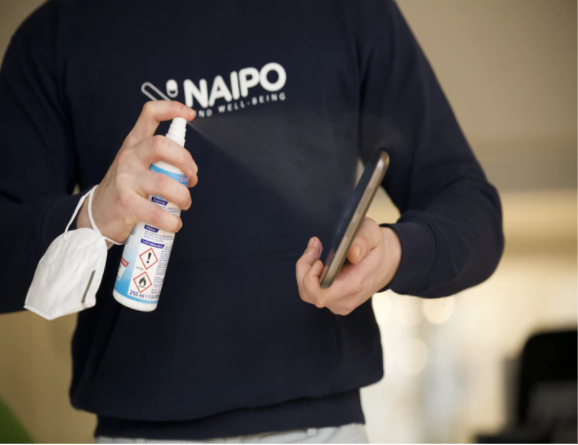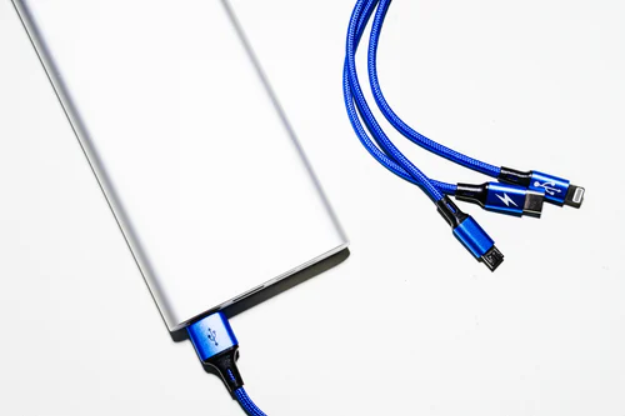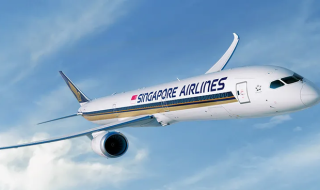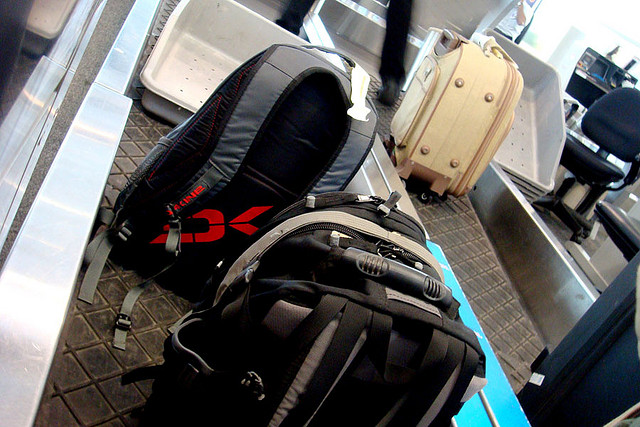
Traveling around the world provides people with unrivaled experiences. Traveling the world, on the other hand, sometimes necessitates caution.
A new disease has just swept across the globe, making travel extremely difficult. The COVID-19 pandemic, commonly known as the Coronavirus pandemic, has swept the globe, prompting travel bans in many countries. Reduced flights as a result of the epidemic will produce a major economic imbalance in every country.
However, if you’re stuck elsewhere in the world and need to get back to your own country, or if you need to travel for work, there are some things you should be aware of — basics to take. It’s perilous to travel during a pandemic. You can only avoid potential health concerns if you thoroughly prepare yourself.
Here are some of the most important items to bring with you if you’re traveling during a pandemic:
Hand Sanitizers with Alcohol, Masks, and Gloves
Handwashing is one of the most efficient strategies to prevent Coronavirus illness from spreading. Hands should be washed for at least 20 seconds with soap and water to remove dirt and bacteria. You may not always have access to soap and water while traveling. As a result, carrying a hand sanitizer is an excellent idea. To clean your hands, global health agencies such as the World Health Organization (WHO) and the Centers for Disease Prevention and Control (CDC) recommend using a hand sanitizer that contains at least 60% alcohol.
Also, have extra face masks and gloves in your vacation pack in case you don’t have access to running water. Make sure it’s in the front pocket of your bag so you can get to it quickly when you need it. Without your gloves and masks on, avoid contacting surfaces and dealing with people.
A First-aid Kit, as well as a Few Basic Medicines
Medications, rapid covid 19 diagnostic tests made through plastic injection molding( learn how to make custom injection mold), and first-aid kits may not be readily available throughout your vacation. Injuries and minor health difficulties can be avoided with the correct medicines and safety equipment. Infections of the stomach, coughs, colds, cuts, and wounds are all frequent health issues that might arise at any point during your journey. As a result, it is preferable to be prepared than to be sorry afterward.
Prescription medicines (if any), cough/eye drops, oral rehydration salts, antiseptic wound cleaning, antifungal/antibacterial ointments, digital thermometer, bandages, and cotton swabs are all goods that can be included in a first aid kit. We cannot emphasize enough how robotics has played an important role in the manufacture of medical supplies and the speedy processing of medicine, diagnostic kits, etc. It really helps us get repid supply of medicine and medical supplies.
Disinfecting Wipes and Spray
It might be difficult to avoid touching surfaces while traveling, which is where a box of disinfecting wipes or spray can help. Wipe surfaces (such as a doorknob in your hotel room, chairs, and armrests of your plane seat in case of air travel) with disinfecting wipes or spray before touching them. According to a preliminary study, the Coronavirus can persist on surfaces for up to 72 hours, hence surface cleaning is recommended.
If you’re flying, wipe down any high-touch surfaces in the vicinity of your seat. Disinfectant wipes are great for cleaning objects of any shape quickly and easily.
Charging Cords
On our post-lockdown journeys, we’ll be traveling in a “contactless” environment, with contactless payments and check-ins becoming the norm. Because your credit cards, ID, tickets, and critical documents are all stored on your devices, you’ll need to bring portable chargers, backup chargers, and the appropriate adaptors for your location to stay charged.
You’ll want to charge your gadget before your vacation, so don’t forget to bring it with you on the day of your trip. In most airports, cell phone chargers are provided (at an excessive price). Laptop cords will be more difficult to replace. Remember to bring a charging cord for any other devices that need to be charged, such as Bluetooth speakers or your camera.
Remember to bring this item with you when you return home from your vacation. Hostels might establish a side business selling the power cords that are left behind when guests check out.
Travel Snacks
High-risk environments for Coronavirus include crowded restaurants and public water and coffee taps. In addition, to reduce the danger of infection, most airlines have restricted food and beverage service during flights. Before you leave, experts advised that you fill up your reusable bottles with coffee and water and bring some munchies from home.
Bringing your snacks is set to become your new travel essential if you’ve previously relied on airport stores or the airline for your on-the-go meals. Because many airlines have stopped serving in-flight meals and many airport restaurants have closed, you’ll need to bring enough food to last the duration of your voyage. It’s advisable to eat before boarding the plane so that you can keep your mask on for as long as possible.
Conclusion
It would be preferable if you could put your travel plans on hold for the time being. If you must go, make sure to take all required precautions and include the aforementioned travel essentials to avoid contracting the Coronavirus. It may be preferable to drive one’s car rather than using public transportation. Also, stay informed about the newest government recommendations on air, train, and bus travel during this time.


